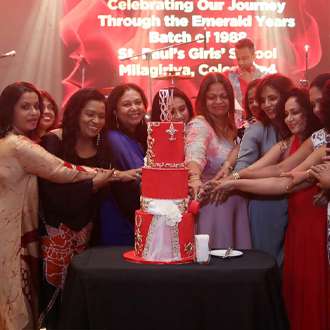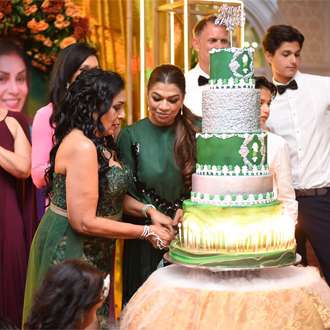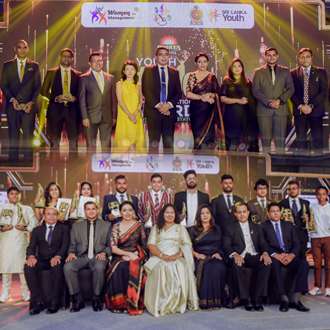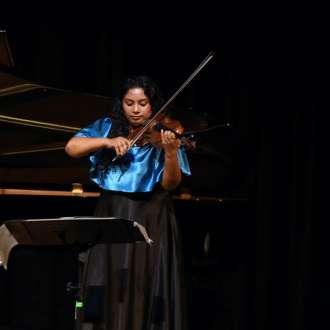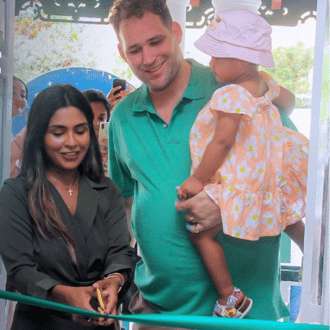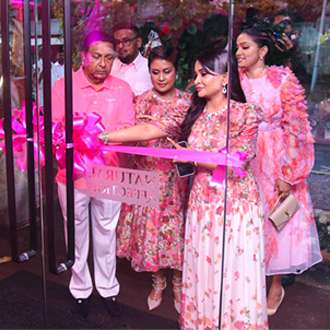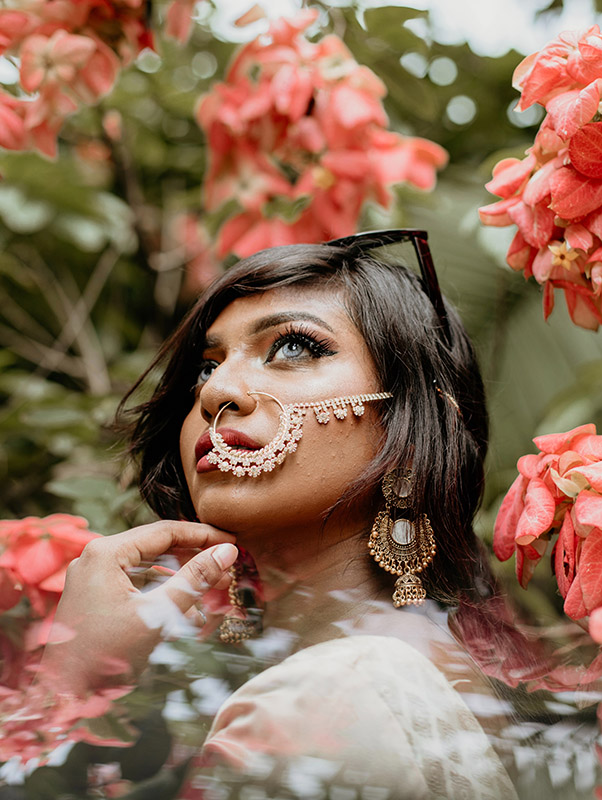
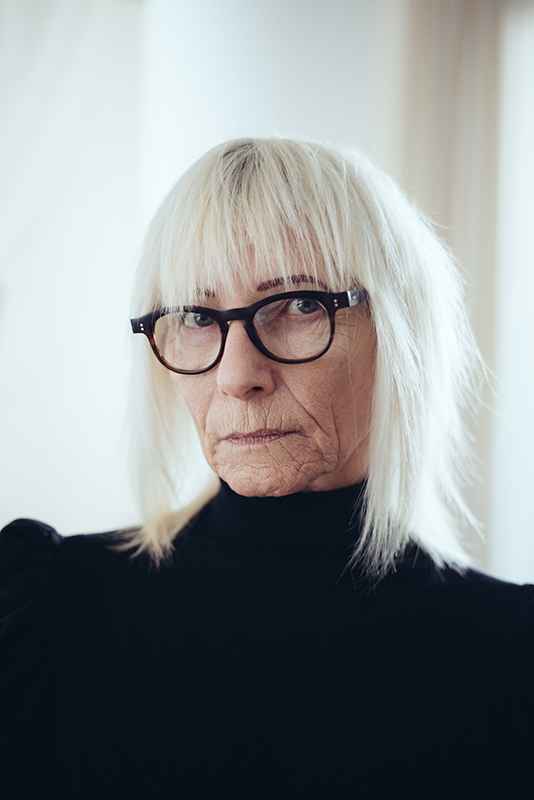

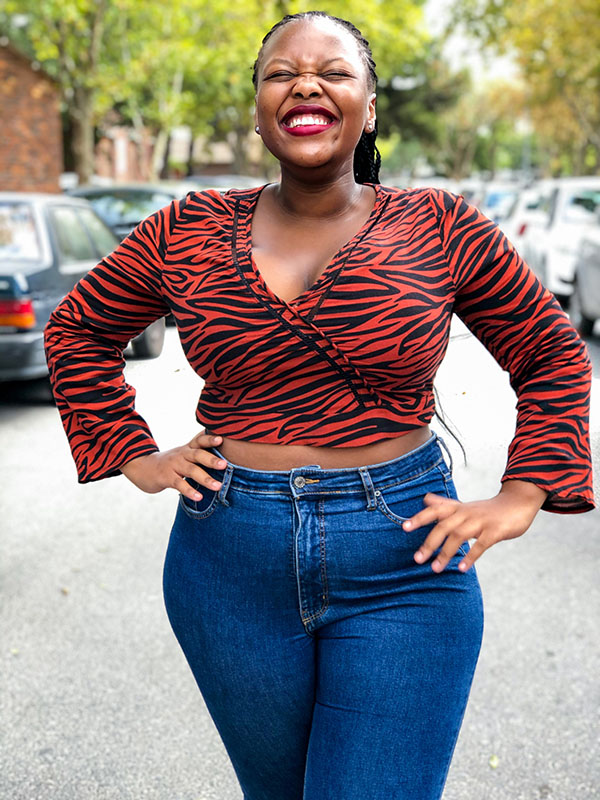
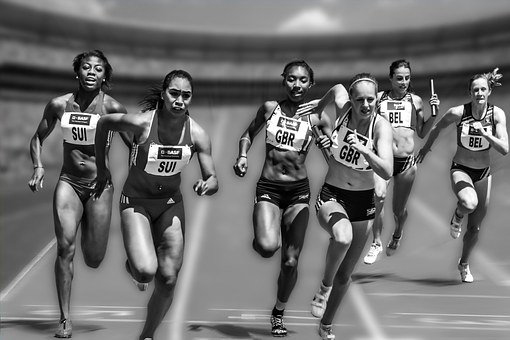
Celebrated on March 8th, International Women’s Day is dedicated to women all over the world. It is a day to recognize the strong, amazing women we are surrounded by and who have paved the way amidst the adversities encountered, and continue to raise awareness regarding the current issues they still face. Various promotions, discounts and offers are available to them while most work places even provide gifts and host many discussions and talks on taboo topics. All in all, it’s a good day to be a woman.
With each passing year, a new problem women face seems to be highlighted, and this year was no exception. Celebrated under the theme of “Women in Leadership: Achieving an equal future in a COVID-19 world", this year focused on women and girls around the world who were actively getting involved in modeling a more equal future and recovery from the COVID-19 pandemic, and highlights the gaps that remain.
Inequality between men and women has always been prevalent, be it at home, office, sports, Hollywood etc. with regards to stereotyping and confining women to archaic gender roles, promotions, salaries, portrayal of women on screen and the constant abuse and criticism women are forced to face due to their views and opinions or just because they exist.
This is apparent in the recent case of Bimshani Jasin Arachchi who became Sri Lanka’s first woman to hold the post of DIG only to be met with 32 petitions filed by male SSP’s on the grounds that her appointment was in violation of the standard procedure. They argued that the word ‘woman’ was not mentioned in the regulations related to promotions and therefore was a violation of fundamental rights. This is quite a step backwards for Sri Lanka as we had the first democratically elected female Prime Minister in the world. We also went on to have the first and only female president of Sri Lanka. So why not a woman DIG?
With the pandemic, first responders and health sector workers such as scientists, doctors, and caregivers were the real MVP’s risking their own lives to save ours. At the forefront of it was, of course. women. Yet globally they got paid 11% less than their male counterparts. An analysis of the Covid-19 task teams in 87 countries found that only 3.5% had gender parity.
The pandemic cast another shadow on women as abuse and crime against women saw a spike as most women and girls were forced to be trapped with their abuser due to lockdowns. Lengthy confinement coupled with tensions fueled by the stresses of job losses, health and safety, and financial worries have made family situations worse, further aggravating violence from an intimate partner. This also hinders victims and survivors from reaching out for help.
The Chief Nurse of the National Hospital stated, "Generally around 250 patients get admitted to the accident ward of the National Hospital of Sri Lanka daily. However, during the curfew only 66 patients have been admitted. Of the patients who were admitted, there are a number of cases where females have undergone violence instigated by their husbands” (Daily News, 2020).
The question is why do women still continue to face such issues even today? Is it because people are actually incapable of moving away from archaic ideologies that a women’s job is to only be a housewife and a mother? Do they actually believe in the biological argument that women are the weaker sex and therefore must be treated as so?
It was only recently that we saw Kasturi Wilson become the first female Group CEO of a public quoted conglomerate in Sri Lanka. It is quite shocking that up till now only men has achieved that position although there are several qualified and capable women in the business arena.
Politically, too, women lack making an impact. In 2020, it was apparent that only 5.3 percent - 12 out of 225 legislators - in the Sri Lankan parliament are women, although women make up for 56% of the voters and 52% of the electorate. Further, there was a decrease in the number of seats held by women from 5.8% to 5.33%. Keeping in mind that in 2016 an amendment to have a mandatory quota of 25% women to enter Parliament was enacted.
So not only are men not supporting women but women themselves are not supporting other women. Having said that we do have the first female mayor in Sri Lanka in the form of Rosy Senanayake, we continue to have many firsts. We rarely seem to be able to keep up the trend of having more women in the said positions.
Sri Lanka ranks 182 out of 193 countries on the Inter-Parliamentary Union, a global database that ranks countries by the percentage of women in their national parliament. Among its South Asian countries, only the Maldives has fewer women politicians in its parliament.
Almost everything seems to be designed against women. This is seen legally through the discriminatory laws such as the limitations to inheritance and property rights in the Muslim Marriage and Divorce Act, the Kandyan Law and the Thesawalamai, marital rape being legal, the sanitary napkin tax where menstruating for five days would cost Sri Lankan women in the poorest households approximately 3.5 percent of their total expenditures for the month and abortion being illegal to name just a few.
The list of inequality is endless, so this year instead of limiting it to a post on Instagram, a day or a month let’s make everyday Women’s Day and try and make a difference in a women’s life by raising awareness everyday on the issues women continue to face.
